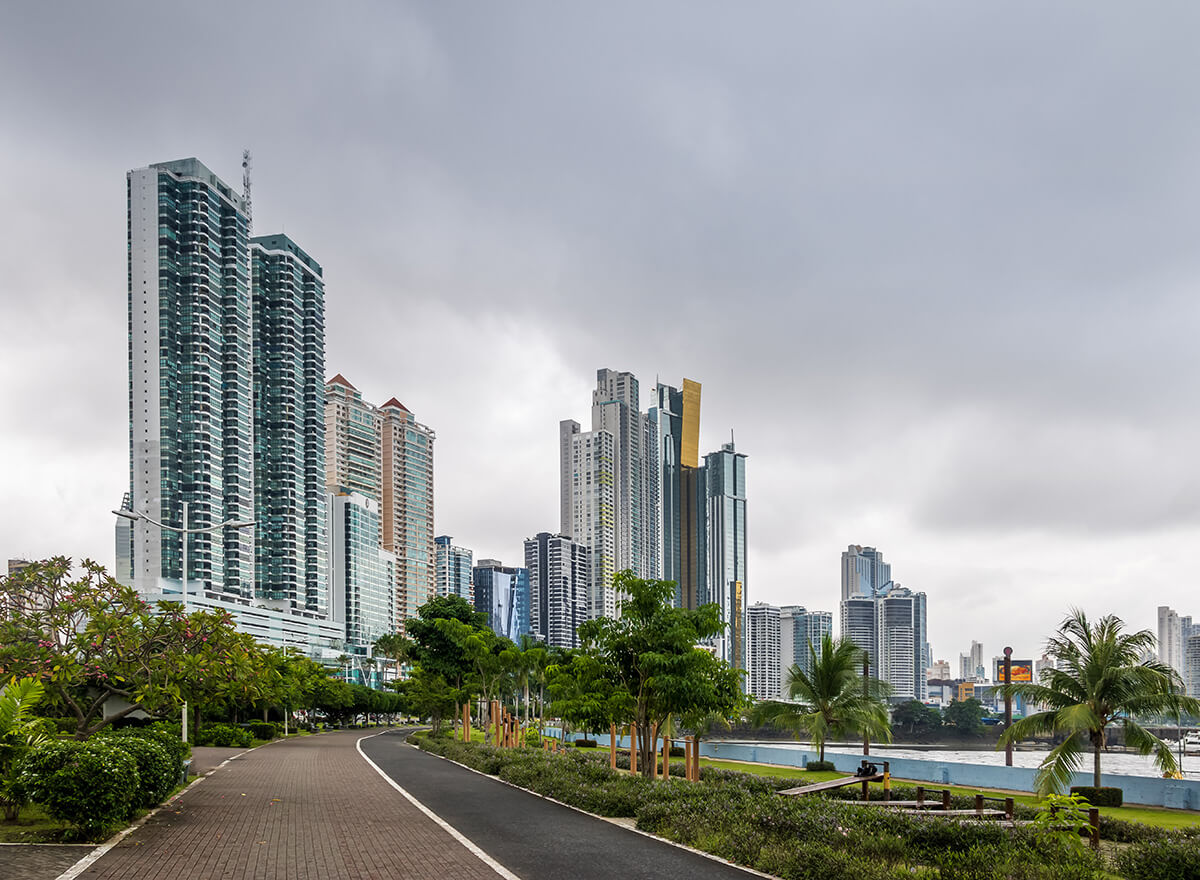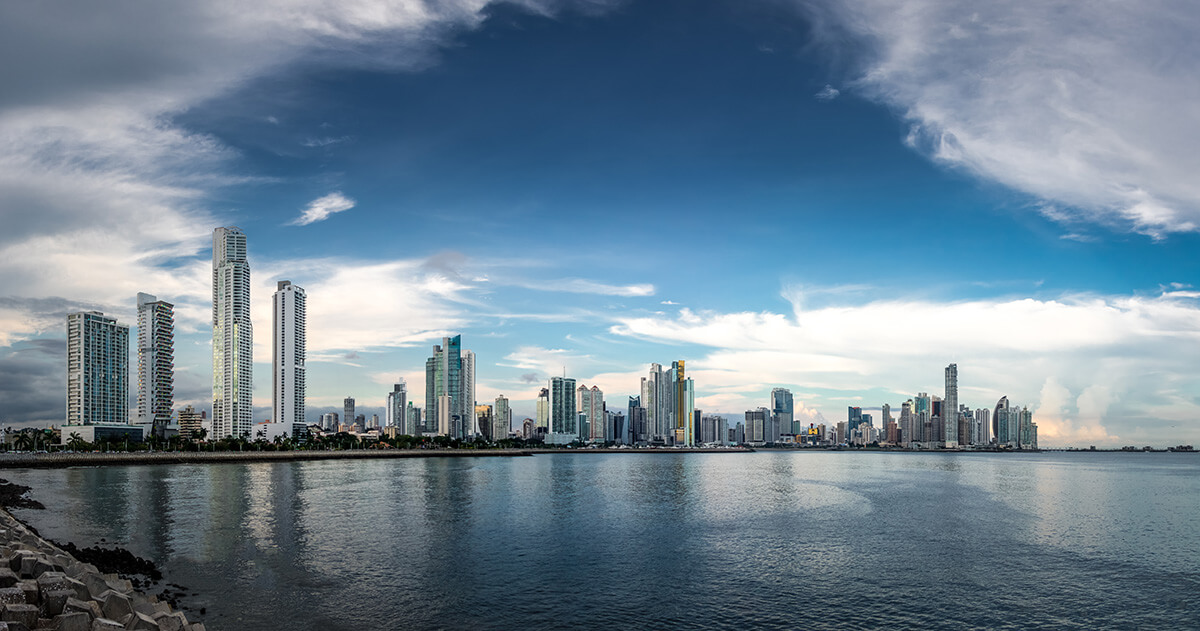Panama has taken a significant step towards financial transparency by introducing a private register of beneficial owners for corporations in Panama. This move, established through Law 129 of 2020, positions Panama as a proactive player in the global effort to enhance corporate accountability. The establishment of the Registry System for Beneficial Owners of Legal Entities demonstrates Panama’s commitment to combating financial crimes and ensuring due diligence is practiced in the management of corporations.
This registry is a pivotal development for corporations operating within Panama, setting new standards for transparency and due diligence. It aims to provide a clear understanding of the individuals who ultimately own or control Panamanian entities. By outlining the obligations and compliance measures for resident agents, this initiative not only impacts corporations in Panama but also contributes significantly to the global agenda for financial transparency.
Understanding Beneficial Ownership
Understanding the concept of beneficial ownership is pivotal for corporations in Panama and globally, as it underpins efforts to enhance financial transparency and combat financial crimes.
- A beneficial owner is a natural person who, directly or indirectly, owns or controls an entity. This control may manifest through ownership stakes, voting rights, or significant influence over the entity’s decisions.
- The essence of identifying beneficial ownership lies in revealing the individuals who ultimately benefit from or exert control over a company, beyond the facade of legal entities or arrangements.
- Panama’s legislation mandates the creation of a Register of Beneficial Owners, accessible by competent authorities to ensure compliance and due diligence.
- Regulatory measures, including the Beneficial Ownership Rule, require banks to verify the beneficial owners of accounts upon their opening, aiming to thwart money laundering and tax evasion.
- Identifying beneficial owners can be challenging due to the use of shell companies to obscure ownership.
- International standards, such as those set by the Financial Action Task Force (FATF), advocate for stringent beneficial ownership identification to uphold Anti-Money Laundering (AML) and Counter-Terrorist Financing (CFT) protocols.
This framework not only supports legal compliance but also fortifies risk mitigation strategies, essential for corporations operating within Panama and beyond.
Panama’s Legal Framework for Beneficial Ownership
Panama’s legal framework for beneficial ownership, established under Law 129 of 2020, marks a significant stride towards enhancing transparency and combating financial crimes such as money laundering and terrorism financing. This legislation led to the creation of the Unique Registry of Beneficial Ownership (RUBF), administrated by the Superintendence of Non-Financial Subjects (SSNF), and encompasses a broad spectrum of Panamanian legal entities. The entities covered include corporations, private interest foundations, limited liability companies, trusts, and others, all of which are mandated to register within a specified timeframe and comply with detailed due diligence requirements.
Key Aspects of Panama’s Beneficial Ownership Registration:
- Applies to all legal entities incorporated in Panama.
- Includes companies, foundations, SRLs, and foreign entities registered at the Panama Public Registry.
- Panama’s legislation mandates the creation of a Register of Beneficial Owners, accessible by competent authorities to ensure compliance and due diligence.
- Regulatory measures, including the Beneficial Ownership Rule, require banks to verify the beneficial owners of accounts upon their opening, aiming to thwart money laundering and tax evasion.
- Fines ranging from $1,000 to $50,000 per non-compliant entity.
- Suspension of corporate rights for entities whose agents fail to meet registration obligations.
This comprehensive approach not only aligns with international standards set by bodies such as the Financial Action Task Force (FATF) but also positions Panama as a proactive jurisdiction in the global fight against financial crimes, ensuring that corporations in Panama conduct operations with heightened accountability and transparency.
Key Features of the Register
Resident agents play a crucial role in the Unique Registry of Beneficial Ownership (RUBF) system, tasked with reporting the ultimate beneficiaries of legal entities. This process is facilitated through a web platform where agents must upload detailed information including the beneficial owner’s full name, identification details, nationality, address, and the date they became a final beneficiary. This ensures a meticulous record within the RUBF, administered by the Superintendence of Non-Financial Subjects (SSNF).
Key Features of the Register include:
Restricted to resident agents, registered legal entities, and specific officers of the SSNF, ensuring privacy and security through stringent technical safeguards.
New entities formed post-March 20, 2020, have 30 business days to comply, while pre-existing entities were given a six-month window from the law’s effective date.
Mandatory submission of comprehensive beneficiary details, including personal and identification information, to the Superintendence.
The RUBF system marks a significant advancement in Panama’s legal framework, aligning with global standards for financial transparency. It contrasts with public registers in countries like the UK and EU member states, highlighting Panama’s unique approach to protecting beneficial ownership information while ensuring compliance and due diligence.
Obligations and Compliance for Resident Agents
In the intricate landscape of Panama’s legal framework for corporations, resident agents play a pivotal role in ensuring compliance and upholding the integrity of the beneficial owners register. These agents, who must be licensed lawyers or law firms in Panama, are entrusted with several critical responsibilities.
Initial and Ongoing Compliance:
- Registration Duties: Upon a company’s incorporation, resident agents are tasked with registering the articles of incorporation and reminding the company of its annual obligations.
- Due Diligence Requirements: They must maintain up-to-date client information, conducting annual or semi-annual due diligence on the entity and its shareholders or beneficiaries. This includes verifying the legal entity and its ultimate beneficiaries, and keeping copies of financial statements for entities not operating within Panama.
They must maintain up-to-date client information, conducting annual or semi-annual due diligence on the entity and its shareholders or beneficiaries. This includes verifying the legal entity and its ultimate beneficiaries, and keeping copies of financial statements for entities not operating within Panama.
Resident agents are responsible for notifying shareholders or beneficiaries about any legal changes, requirements, or due dates for annual fees to avoid penalties. They must also inform about the need for due diligence documents and any changes in the law.
- Sanctions for Non-Compliance: Failing to register or update the required information can result in fines ranging from $1,000 to $50,000. Moreover, resident agents are obligated to resign if they do not receive the necessary information for due diligence from their clients.
- Resignation and Change: Shareholders or beneficiaries have the right to change their resident agent at any time if they deem it necessary for compliance or other reasons.
This framework underscores the importance of choosing a qualified resident agent to navigate the complexities of Panama’s legal system, ensuring corporations remain compliant with Law No. 52 and other relevant regulations.
Impact on Global Financial Transparency
The introduction of Panama’s registry for beneficial owners significantly impacts global financial transparency, aiming to mitigate illicit financial activities. This registry serves as a pivotal tool in the prevention of money laundering, terrorism financing, and the proliferation of weapons of mass destruction. Despite the Court of Justice of the European Union (EU) ruling against public access to such registers due to privacy concerns, the essence of Panama’s initiative underscores a collective effort towards enhancing normative quality and ensuring the success of beneficial ownership transparency.
- Anti-Money Laundering (AML) and Countering Financing of Terrorism (CFT)
- Investigation of money laundering and related crimes
- Verification of tax responsibilities and detection of tax evasion
- Promotion of transparent and fair public procurement processes
- Accessibility: Ensuring that beneficial ownership information is readily available to relevant authorities.
- Functionality: Developing registers with efficient functionality for storing and retrieving data.
- Quality and Adequacy: Maintaining high-quality and comprehensive data on beneficial owners.
The revelations from the Panama Papers and Paradise Papers highlighted the urgent need to address the misuse of anonymously-owned companies, propelling global reforms towards beneficial ownership transparency. These reforms aim to dismantle the veil of anonymity, thereby confronting corruption and illicit financial flows that deprive developing countries of crucial revenues. As the discourse on beneficial ownership transparency evolves, approaches to managing disclosure vary, yet the momentum towards public access and accountability continues to grow, marking a significant stride towards global financial integrity.
Conclusion
Panama’s initiative to establish a private register of beneficial owners represents a commendable stride towards global financial transparency and the fight against financial crimes. By making significant reforms, such as the implementation of the Unique Registry of Beneficial Ownership (RUBF), Panama not only demonstrates its commitment to corporate accountability but also aligns itself with international standards set by bodies like the Financial Action Task Force (FATF). Through the diligent efforts in identifying and recording beneficial owners, Panama is setting a new bar for transparency, ensuring that corporations operate within a framework of integrity and compliance.
These measures undoubtedly contribute to a broader global movement aimed at combatting money laundering, terrorism financing, and other illicit financial flows. As the international community continues to grapple with these challenges, Panama’s approach offers valuable insights into effective strategies for fostering transparency and accountability in corporate governance. While future challenges remain, such as maintaining the quality of data and ensuring access by competent authorities, Panama’s initiative is a vital step forward. It underscores the potential impact of concerted efforts in enhancing financial transparency worldwide, encouraging further research and action towards achieving global financial integrity.
FAQs
Panama has implemented a system known as the Private and Unique System of Beneficial Owners, established under Law 129 of 2020. This system requires Panamanian lawyers who act as resident agents for legal entities within Panama to register these entities on a designated web platform and provide detailed information about their beneficial owners.
To register a company in Panama, you must provide several key documents:
- The Certificate of Articles of Incorporation.
- A valid passport or ID card copy for each person involved in the incorporation and directorship for identification.
- A utility bill or lease agreement to verify the company’s registered address.
The process of forming a company in Panama typically takes about 3-5 working days once all the necessary identification documents have been submitted and a compliance review has been completed. It’s important to note that response times may vary due to different time zones affecting communication with the agent.




